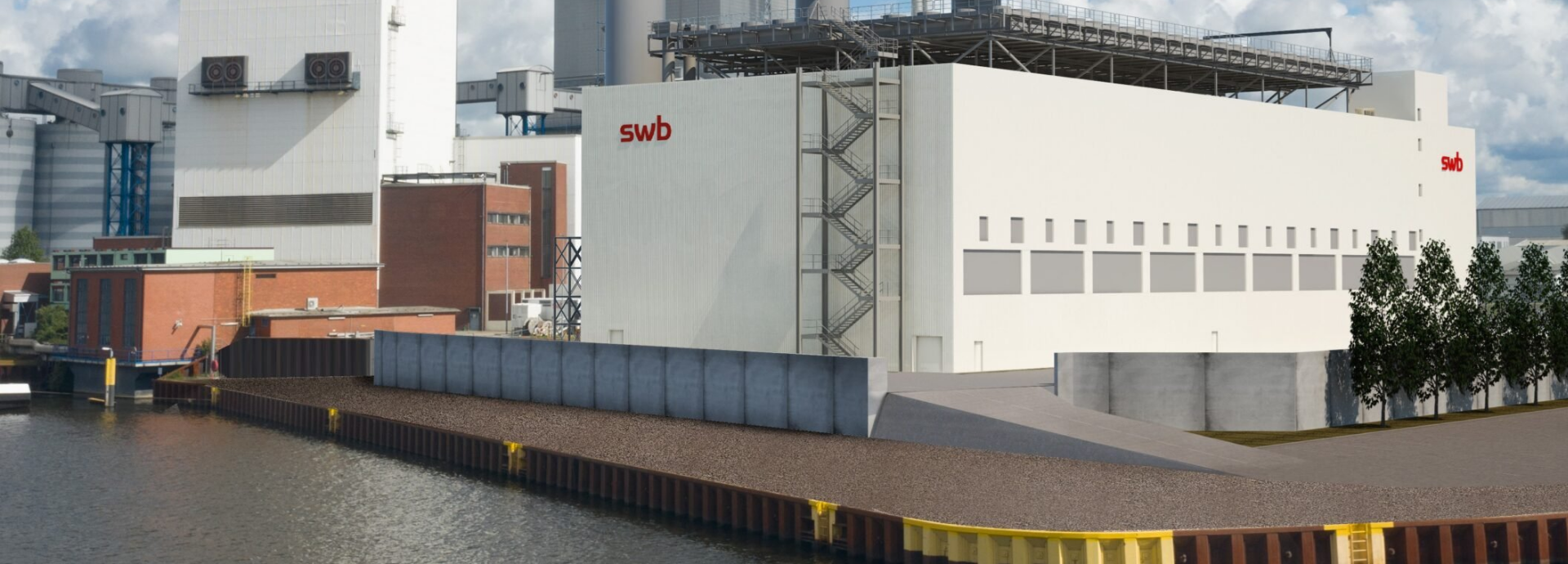
District heating plays a crucial role in accelerating decarbonisation by providing a flexible, integrated, and renewable-based energy system.
District heating is a profitable pathway to net zero.
It is an underutilised flexible energy solution for Europe to achieve cost-effective decarbonisation when used with Combined Heat and Power (CHP) engines.
It has vast potential to drastically scale renewable energy usage by drawing on various renewable and low-carbon heat sources, thus reducing dependency on fossil fuels.
Flexible solutions to advance low-carbon district heating & power generation
This report showcases ways to decarbonise fossil (particularly coal) based district heating systems in a commercially viable way and the role flexible generation technologies (particularly gas-engines) could play in this transition, while identifying roadblocks to decarbonisation in the fields of market structure, regulation, capabilities and market trends.
The study establishes the stack of revenues available for internal combustion engine combined heat and power installations (ICE-CHP):
- Heat sale revenues
- Electricity wholesale market revenues (incl. longer-term flexibility)
- Provision of ancillary services (aFRR/mFRR)
- Revenue from capacity remuneration mechanisms (CRMs)
- Congestion management revenues
- Subsidies
Webinar: Decarbonising district heating and cooling: a profitable pathway to net-zero
Combined heat and power technology
With its district heating technologies, Wärtsilä is at the forefront of the transition towards a 100% renewable energy future and helps to accelerate to the most reliable, cost optimal, and net zero energy future.
Sector coupling of district heating and power systems plays an increasingly important role and is transformative for Europe’s energy future. Combined heat and power engines and flexible technology like heat pumps optimise energy use. They dynamically select between heat and power production technologies to adapt to market prices, maximising economic returns. For example, when renewable energy is abundant, heat pumps and electric boilers absorb the extra energy. When solar and wind are low, these engines produce heat for cities and power for the grid, keeping energy supply reliable.
The Wärtsilä Combined Heat and Power (CHP) plant is a cost-effective and innovative solution where total efficiency can exceed 90%. The most common heat products are hot water or steam, which makes it perfect for both industrial and district heating purposes.
Related technologies
Get in touch with our District Heating expert
"District heating has untapped potential in Europe to be a profitable pathway to net zero. It is more than just heating homes – it is about enabling renewable energy growth, offering flexibility, and creating a viable solution for coal-dependent countries transitioning to cleaner energy."
Igor Petryk
Market Development Director
Wärtsilä Energy
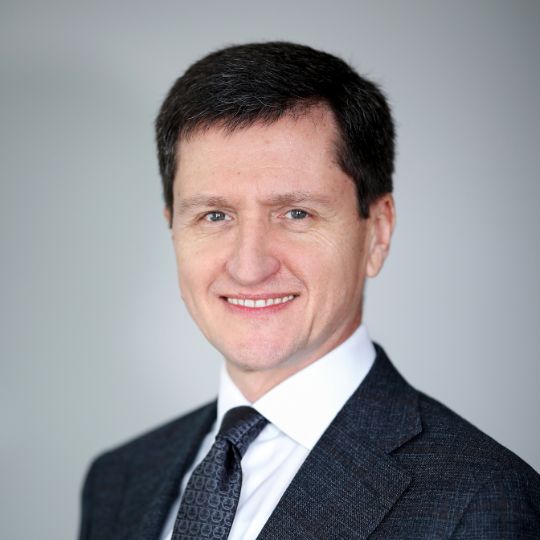
References
Articles
Press releases
Wärtsilä provides efficient and flexible 90 MW power plant to supply electricity and district heating for Dresden, Germany
The technology group Wärtsilä has been awarded a contract to deliver a combined heat and power engine power plant (CHP) to Dresden, Germany. The facility has been ordered by DREWAG, Dresden’s local utility company, and will be delivered by Wärtsilä on an engineering, procurement and construction (EPC) basis. Wärtsilä will also maintain the plant under a Wärtsilä Guaranteed asset performance solution for ten years, with a five year extension option. Performance targets are determined based on measured data and Wärtsilä guarantees the targets are met and maintained throughout the duration of the agreement. The order was booked in December 2018.
The Dresden-Reick power plant will feature eight Wärtsilä 31SG engines operating on natural gas delivering electrical output of approximately 90 MW. The extremely high efficiency and flexibility of the Wärtsilä 31SG engine were cited as being key factors in the award of the contract. Another major consideration was the ability of the power plant solution to deliver electricity and district heating simultaneously.
The Wärtsilä engines can reach full output from start-up in a matter of minutes. This enables them to provide immediate balancing of the grid as the system utilises more and more energy from intermittent renewable sources, such as wind and solar.
“The state-of-the-art gas engine technology provided by Wärtsilä is designed to produce minute-to-minute power when it is most valuable. It is equipped with the highest level of efficiency and emission control systems to supply safe, clean, and affordable energy for the state capital for the coming decades,” stated Dr. Frank Brinkmann, Managing Director, DREWAG.
Melle Kruisdijk, Vice President, Europe, Wärtsilä Energy Business, responded by saying; “This is the second major combined heat and power engine power plant that Wärtsilä is building in Germany, and the first with our new Wärtsilä 31SG engines. DREWAG is well known as a leader in applying the latest and most progressive technologies. This contract represents, therefore, a valuable endorsement of Wärtsilä as Energy System Integrator.”
The Dresden-Reick plant is scheduled to become operational in 2021.
Wärtsilä has in Germany sales and service for marine and energy solutions with offices, workshops and state-of-the-art equipment and technology in nine locations with 1 300 employees.
Previously published reference:
Kraftwerke Mainz-Wiesbaden AG, 100 MW CHP engine power plant on EPC basis in Germany.
For more information, please contact:
Frank Kettig
Business Development Manager
Wärtsilä Energy Business
Tel: +49 (0) 40 75190 124
Mirja-Maija Santala
Manager, Marketing & Communications
Wärtsilä Energy Business
Mob: +358 40 079 3827
mirja-maija.santala@wartsila.com
Wärtsilä Energy Business in brief
Wärtsilä Energy Business is leading the transition towards a 100% renewable energy future. As an Energy System Integrator, we understand, design, build and serve optimal power systems for future generations. Wärtsilä’s solutions provide the needed flexibility to integrate renewables and secure power system reliability. Our offering includes flexible internal combustion engine-based power plants, hybrid solar power plants, energy storage & integration solutions, as well as gas to power systems. We support our customers over the lifecycle of their installations with services that enable increased efficiency and guaranteed performance. Wärtsilä has 68 GW of installed power plant capacity in 177 countries around the world.
www.wartsila.com/energy
Wärtsilä in brief
Wärtsilä is a global leader in smart technologies and complete lifecycle solutions for the marine and energy markets. By emphasising sustainable innovation, total efficiency and data analytics, Wärtsilä maximises the environmental and economic performance of the vessels and power plants of its customers. In 2017, Wärtsilä’s net sales totalled EUR 4.9 billion with approximately 18,000 employees. The company has operations in over 200 locations in more than 80 countries around the world. Wärtsilä is listed on Nasdaq Helsinki.
www.wartsila.com
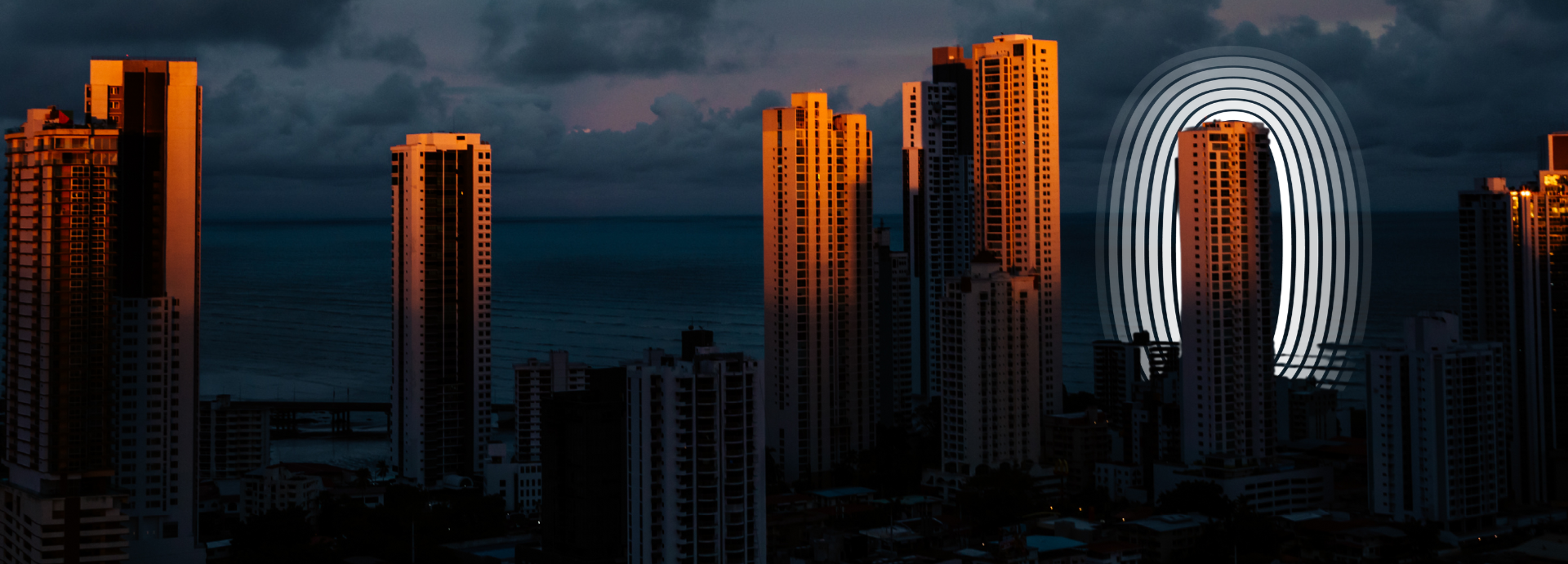
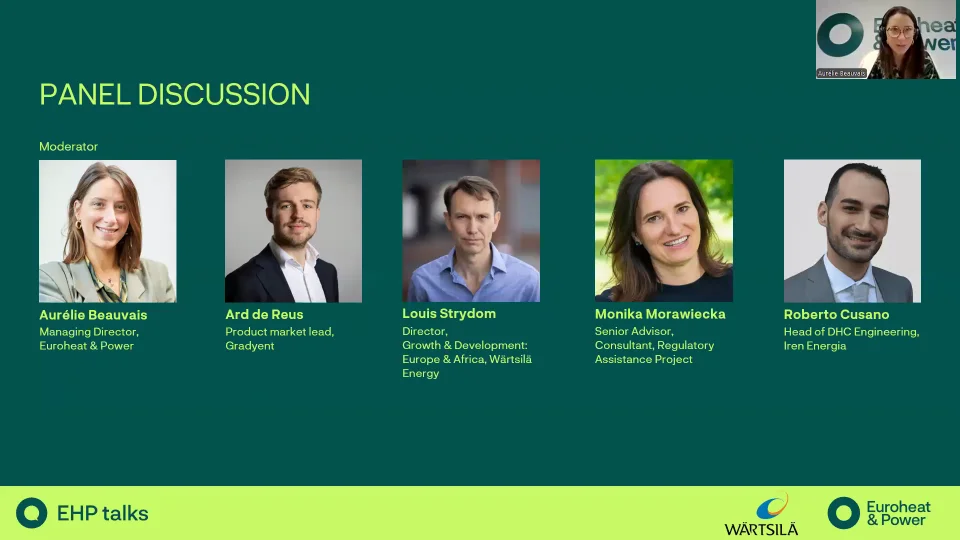
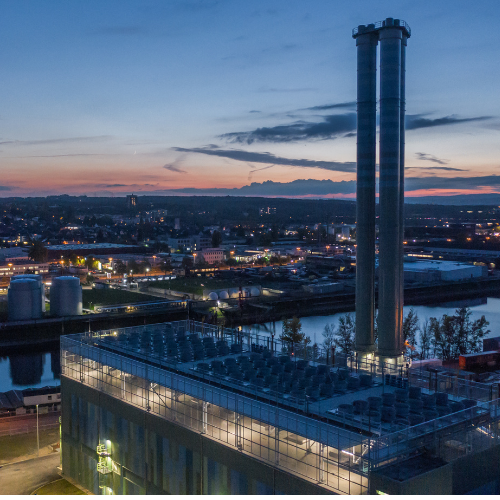

.tmb-448x262.png?Culture=en&sfvrsn=7d8ce645_2)
